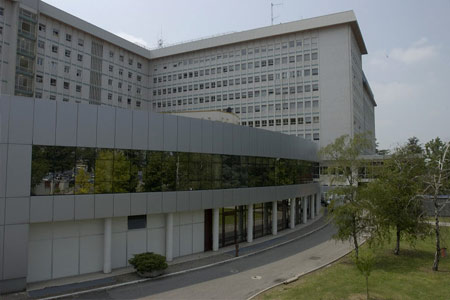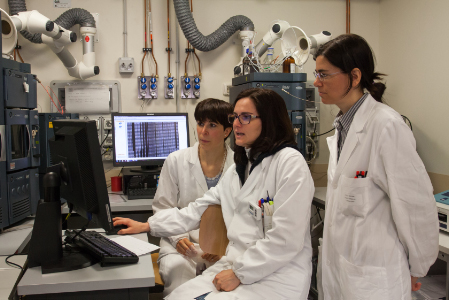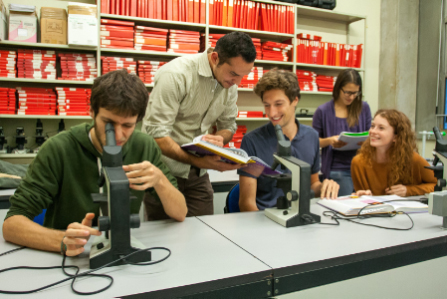Acute myeloid leukemia (AML) is the most common malignant myeloid disorder in adulthood [1], still incurable in most patients, with 35%-40% five-year overall survival rate for non-promyelocytic AML [2,3]. Treatment failure is tightly associated with the persistence of small blast cell populations in the bone marrow after treatment, leading to overt relapse of the disease. Leukemic cells develop in the bone marrow hematopoietic stem cell niche, thus inducing persistent molecular changes in the stromal components derived from mesenchymal stromal cell progenitors (MSCs). MSCs eventually support leukemic cell survival, leading to chemoresistance, disease persistence and expansion. Intercellular communication between MSCs and normal or malignant blood cells physiologically occurs through the release of membrane-derived extracellular vesicles (EVs) [4,5]. EVs contain various bioactive components, including proteins, mRNAs and non-coding regulatory RNAs, such as microRNAs (miRNA) [68]. Depending on their biological contents, MSC-derived EVs regulate pivotal cancer processes, i.e. cell proliferation, resistance to cell apoptosis, angiogenesis, tissue invasion, and epithelial-mesenchymal transition in several solid and hematologic cancers [915]. We have recently shown that MSCs from AML patients promote leukemic cell proliferation and chemoresistance [16]. We hypothesize that EVs produced by AML stromal cells (AML-MSC-EVs) retain all MSC pro-cancer properties; thus, the project is aimed at characterizing the protein content of EVs derived from AML-MSCs and their contribution to AML cell fate. In collaboration with ISALIT S.r.l. (University of Piemonte Orientale Amedeo Avogadro), we will carry out: i) in vitro and in vivo characterization of the effect of AML-MSC-derived EVs on leukemic cell chemoresistance (WP1); ii) proteomic characterization of AML-MSC-EV content (WP2) iii) characterization of the molecular mechanisms driving chemoresistance induced by MSCs-derived EVs.







